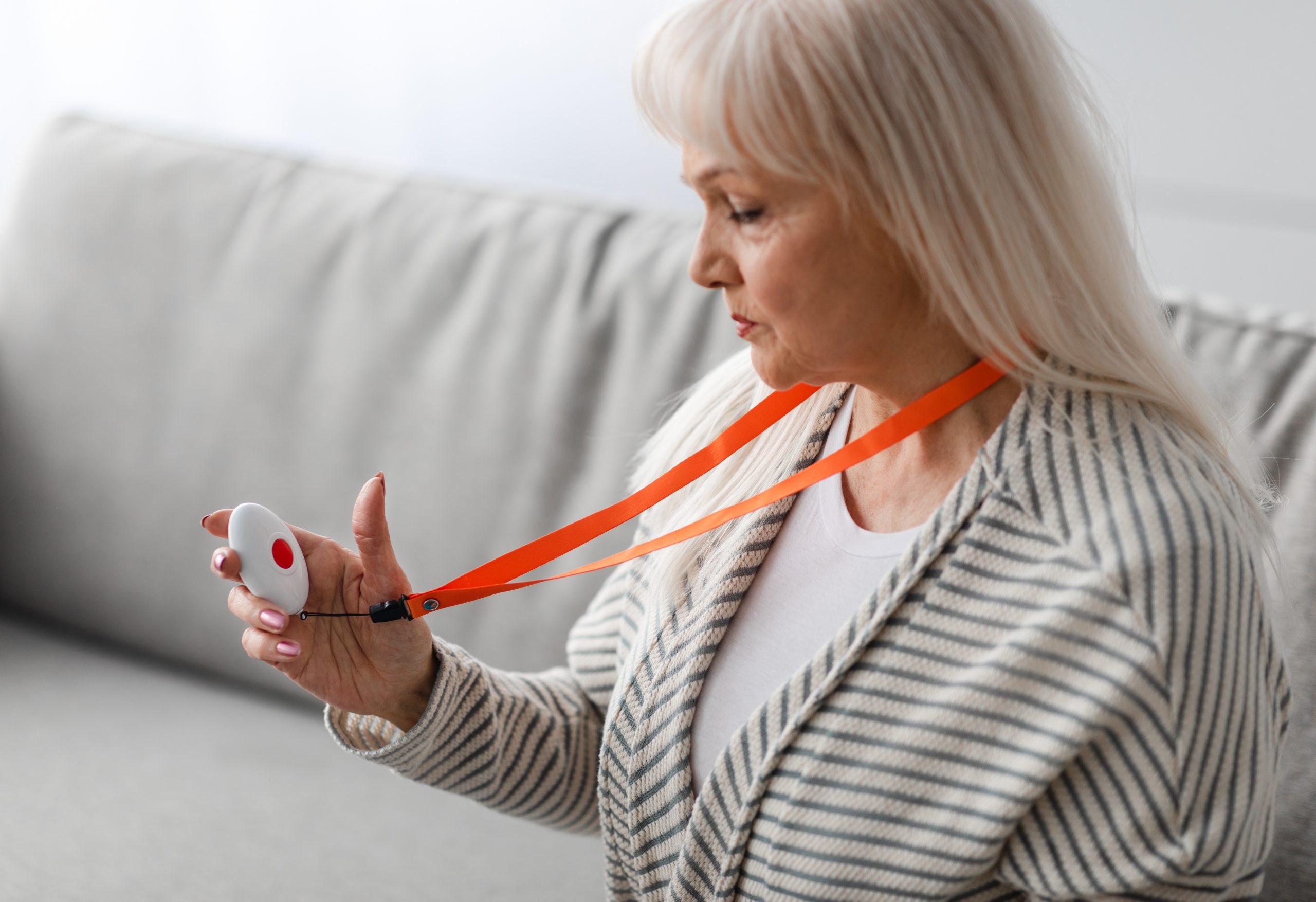When it comes to aging gracefully and independently, safety is a big deal. Medical alert systems help seniors stay confident at home and on the go by making emergency help just a button press away. Whether you’re shopping for yourself or a loved one, knowing your options—and what they cost—can make a huge difference.

Let’s dig into the best medical alert products for seniors and what to consider before choosing one.
What Is a Medical Alert System?
A medical alert system is a device that connects seniors with emergency services or caregivers with the push of a button. Most include a wearable component (like a pendant or wristband) and a base station or mobile GPS device. In the event of a fall, medical emergency, or even a fire, help can be summoned quickly—even if you can’t reach a phone.
Some systems also offer automatic fall detection, GPS tracking, wellness monitoring, and caregiver notifications.
In-Home vs. Mobile Alert Systems
There are two main types of systems to choose from:
In-Home Medical Alert Systems
These systems connect through a landline or cellular signal and typically come with:
A base station with a speaker and microphone
A wearable help button (necklace or wristband)
They’re great for people who spend most of their time at home.
Mobile Medical Alert Systems
Perfect for seniors who are active or frequently on the go. These devices:
Use GPS and cellular networks
Often come as wearable pendants or smartwatches
Work anywhere with a signal
Many mobile systems also include two-way communication and real-time tracking.
Top Medical Alert Systems for Seniors (2025 Edition)
Here’s a comparison of some of the most popular and reliable systems available right now:
| Brand | Best For | Monthly Cost | Fall Detection | Mobile Option | Key Features |
|---|---|---|---|---|---|
| Medical Guardian | Best overall value | $29.95 – $49.95 | Yes ($10 extra) | Yes | Waterproof, GPS, caregiver app |
| Bay Alarm Medical | Budget-friendly | $24.95 – $39.95 | Yes ($10 extra) | Yes | In-home + on-the-go bundles, 24/7 support |
| LifeFone | Best for flexibility | $29.95 – $45.95 | Yes ($5 extra) | Yes | Customizable plans, caregiver tools |
| Lively (formerly GreatCall) | Best for tech-savvy users | $24.99 – $39.99 | Yes (included in premium plan) | Yes | Works with smartphones, fall detection included |
| Philips Lifeline | Best for brand trust | $29.95 – $49.95 | Yes ($10 extra) | Yes | Long track record, auto-alert system |
What to Look for in a Medical Alert System
Before buying or subscribing, keep these factors in mind:
1. Ease of Use
The device should be easy to wear and operate, especially in stressful situations. Big buttons, simple instructions, and loud speakers go a long way.
2. Battery Life
Mobile devices should last at least a full day on a single charge. Some come with docking stations or alert you when they’re low.
3. Water Resistance
Falls often happen in the bathroom. Make sure the device is waterproof so it can be worn in the shower.
4. Automatic Fall Detection
This optional feature can automatically call for help if it senses a fall—even if the button isn’t pressed.
5. 24/7 Monitoring
Most systems offer round-the-clock emergency response. Be sure to ask who’s staffing the call centers (EMTs? Trained operators?).
6. Caregiver Access
Many systems include apps or online dashboards so family members can monitor activity, battery life, and emergency alerts.
Extra Products That Support Senior Safety
Medical alert systems are just the beginning. These complementary gadgets help create a safer, smarter home:
| Product | Purpose | Why It Matters |
|---|---|---|
| Smart Doorbell Cameras | See who’s at the door without opening it | Improves safety and prevents scams |
| Medication Dispensers | Reminds and dispenses pills automatically | Ensures medication is taken on time |
| Motion-Activated Lights | Lights up hallways or bathrooms | Prevents falls at night |
| Voice Assistants (Alexa, Google Home) | Set reminders, call contacts | Offers hands-free help and support |
| Smart Thermostats | Auto-adjust temperature | Keeps the home safe and comfortable |
Tips for Choosing the Right System
Start with a trial: Look for companies offering a 30-day risk-free return.
Read the fine print: Watch for activation fees, cancellation policies, and hidden charges.
Ask about discounts: Some companies offer deals for veterans, AARP members, or bundled services.
Check cell coverage: For mobile devices, make sure the service provider has strong coverage in your area.
Is a Medical Alert System Worth It?
If you’re a senior living alone, have a history of falls, or want peace of mind for yourself and your family, the answer is yes. Medical alert systems aren’t just gadgets—they’re a lifeline. And today’s products are way more advanced (and discreet) than the old-school panic buttons.
Even if you’re in great shape, having backup can be a game-changer in emergencies. It’s like insurance—you hope you never need it, but you’re glad it’s there if you do.
Final Takeaway
With so many modern medical alert systems and senior-friendly safety products on the market, staying independent doesn’t mean sacrificing safety. Whether you’re looking for something basic and affordable or loaded with high-tech features, there’s an option out there that fits your lifestyle and budget.
If you—or someone you love—wants to stay home safely and confidently, a medical alert system might be one of the smartest investments you can make.










